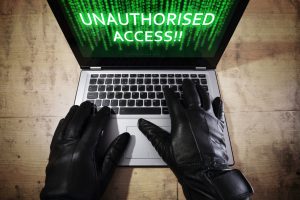A recent report by David Kaye, International and Legal Protection and Anonymity, to the United Nations Human Rights Council, highlighted the necessity for encryption and the people’s entitlement to it.
Presently talks have been underway amongst many governments with the intentions to enable surveillance of communications, via enforcing the creation of backdoors into encryption solutions, deliberately weakening the solutions and demanding access to encryption keys.
Kaye urges governments to promote strong encryption and anonymity through legislation and regulation. He suggests in his report that actions by governments to sabotage encryption technologies is a bad idea and most likely some practices and proposals will encroach on international laws. Rather, obligatory decryption by governments must be done on a case-by-case basis, controlled by law and subject to judicial warrant. Allowing mass surveillance of communications will support countries that aim to repress journalists and this is not something that should be encouraged or facilitated.
Kaye states:
Measures that impose generally applicable restrictions on massive numbers of persons, without a case-by-case assessment are almost certainly illegal.
The report shows support for anonymous communications and advised companies to desist from impeding encrypted communications.
Kaye States:
Individuals use tools like encryption to protect themselves and their privacy or legitimately gain access to information.
He added: Those tools need to be protected to allow exercise of fundamental rights to opinion and expression. Restricting these tools restricts exercise of the rights.
Privacy and the entitlement to privacy are necessary. Governments are undertaking mass surveillance of peoples communications. The people have the right to communicate securely and privately.
PBS:
http://mediashift.org/2015/06/un-report-encryption-is-a-fundamental-right-2/



